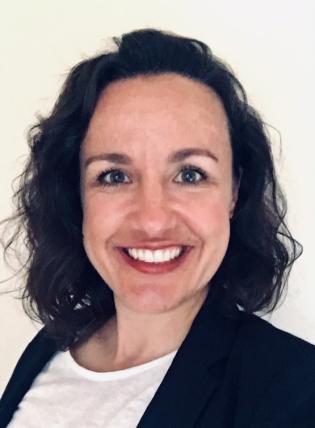My doctoral work started with a love for puns. In 2015, I began my research with the conviction that Afro-German poetry and life writing were powerful forces that impacted contemporary German literature and society. At that time, I had read various works by Black German authors but knew little about their history. The Department of Germanics, as well as creative colleagues and friends, then provided me with the support that helped me develop my interdisciplinary research project over the years.
In March 2019, I defended my dissertation on Afro-German poetry and autobiography, entitled Writing Across Margins: Contemporary Afro-German Literature. I argue that Afro-German literature functions as aesthetic activism by creating collective identity through textual practices. Black German textual practices develop parameters of collective identity that range from the emergence of Afro-German voices to a new understanding of Afro-German blackness; from a new recognition of Afro-German identities, to the rise of an Afro-German memory. The writing practices that shape parameters of collective identity—métissage, imagery, autofiction, multilayering—organize my dissertation and provide the categories for textual analysis. By combining close readings with aesthetic and cultural theory, my research demonstrates that Afro-German writing practices help to bend and transgress literary and social categories.
After completing the doctoral program at UW, I now enjoy some time away from professional duties. This gives me the opportunity to explore new career paths while continuing to work on small projects. This summer, I will contribute a blog post about Black German artists from East Germany to Third Generation Ost – USA, an online platform that aims to open new perspectives and approaches on research topics focused on the GDR. A chapter on autofiction in Abini Zöllner’s Schokoladenkind is forthcoming in the edited volume Afrika and Alemania: German-Speaking Women, Africa, and the African Diaspora next spring.
